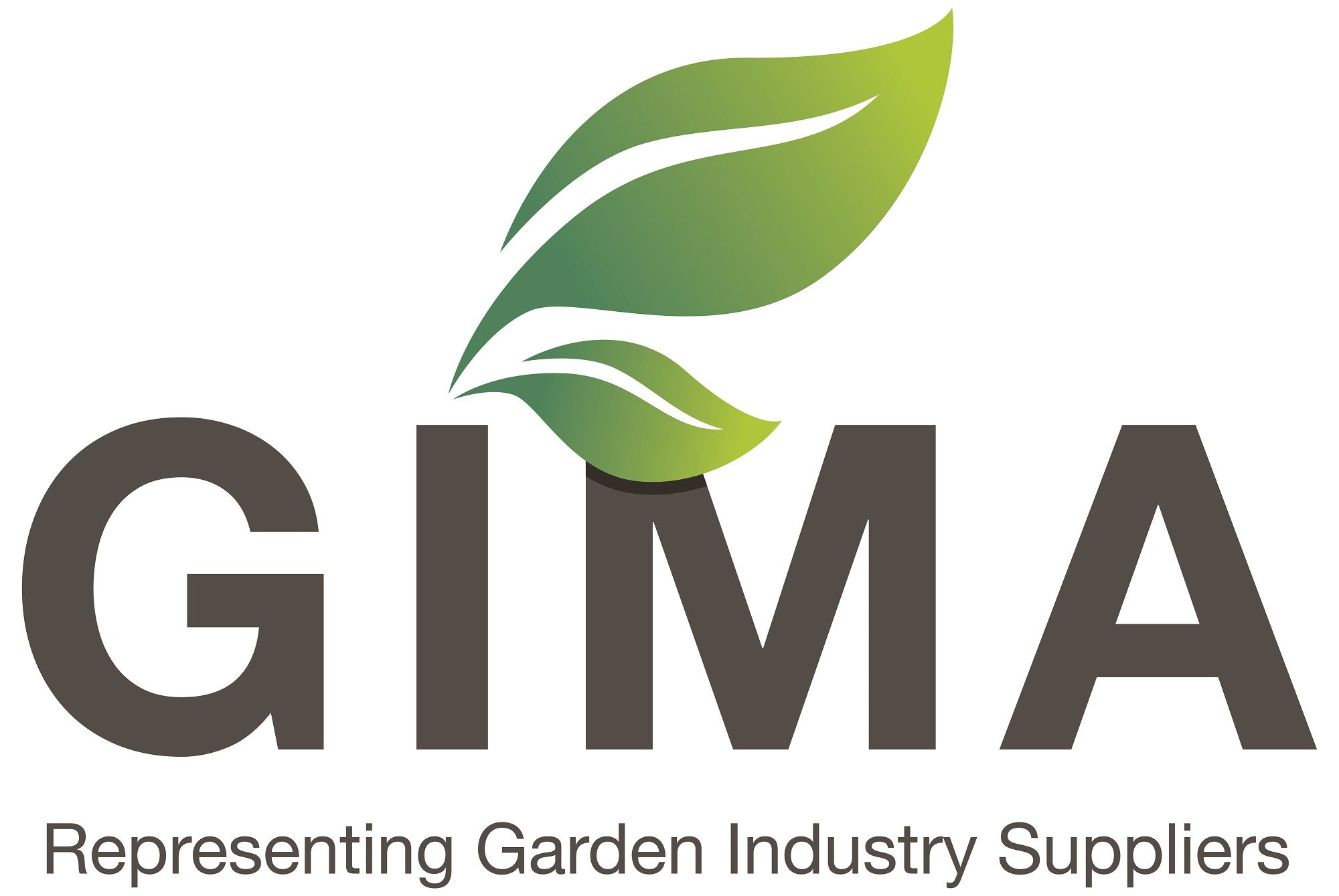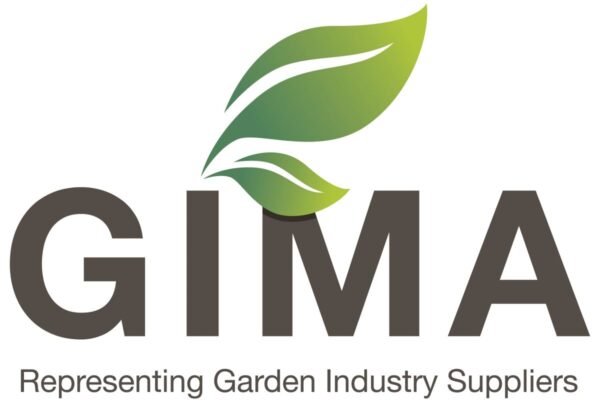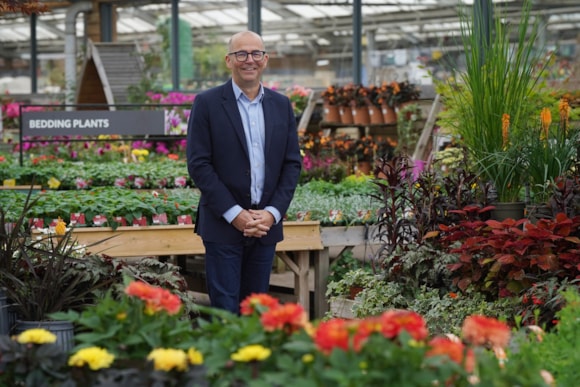GIMA Director, Vicky Nuttall writes
As a year of turmoil draws to a close, it’s important to reflect on the outstanding achievements our industry has made in the face of the worst global health and economic crisis of our lifetime. Despite challenges that, this time last year, would have been unimaginable, I am immensely proud of how the sector has pulled together and, against all odds, performed way above expectations.
From the formidable campaign to get garden centres open after lockdown to addressing heightened demand as interest in gardening went through the roof, everyone should take pride in how garden retail has emerged as a beacon of success during a pandemic that has decimated much of the UK economy.

While the news of potential Covid-19 vaccines offers hope that some form of normality may resume in 2021, we are not out of the woods yet. Although it may be tempting to breathe a sigh of relief and pat ourselves on the back, Brexit is almost upon us. The transition period ends on 31st December and change will affect everyone, from suppliers to retailers. No-one can afford to bury their head in the sand: it’s critical to prepare now and be ready.
Although, at the time of writing, it remains unclear whether the UK will leave the EU with or without a trade deal, there is one certainty – a series of guaranteed changes for business will take place from 1st January, the date on which the UK will leave the Single Market and Customs Union. Media reports are rife, documenting concerns over bureaucracy; certification of plants, seeds and bulbs; potential inspections and correct certification, to name a few. The process of importing applies to any business that’s buying from an EU-based company, so it’s imperative that we all understand our administrative responsibilities and liabilities.
While the majority of GIMA members are based in the UK, there is concern among our EU members that their customers based in the UK aren’t fully geared-up for importing from 1st January. For anyone who is still unsure, the GIMA UK Transition Hub is an essential information resource that’s regularly updated to provide members with a wealth of information to steer businesses through this period of uncertainty and change.
There is some concern at the time of writing in late November, however, that requires attention and that’s the unfolding crisis at the UK’s ports, which risks throwing a spanner in to the smooth flow of stock ahead of next season. Businesses are already reporting problems importing goods due to congestion at ports while the cost of shipping freight is heading skywards. A recent BBC News report cited importers who claimed that some shipping firms had quadrupled their freight costs and such tales are heightening fears of interruption to deliveries, with knock-on effects reverberating through the supply chain.
What’s responsible for this unfolding crisis at ports? It’s no secret that some suppliers have been stockpiling goods ahead of the end of the Brexit transition period, while other businesses have increased their imports to meet demand post-lockdown. In addition, there’s a backlog of containers of PPE clogging-up ports, as a result of the pandemic. Some shipping firms are reported to be limiting the quantity of cargo they will haul to the UK while others say they’re waiting for containers that are stuck at ports across Europe to be shipped back to Asia. Such bottlenecks at vital trade hubs present a real headache for suppliers that are reliant on imports to keep garden centre shelves stocked.
The issue of congestion at ports; the detrimental financial impact on suppliers resulting from the soaring cost of shipping and the spectre of extended lead times have been highlighted by LOFA, which is warning that the crisis could have an impact on supplies of garden-related goods in the New Year, threatening the start of the spring season. As this crisis unfolds, we can only hope that port authorities and key stakeholders work hard to find solutions as a matter of urgency – to avoid inflicting damage on importers who are already under enormous pressure as they prepare for the changes on 1st January as well as the heightened demand during 2021.
There is no doubt that we’re in for a bumpy ride over the next couple of months. We should take pride in the fact that garden retail and its supply chain has led the way in bouncing back after lockdown. Interest in gardening has never been greater; millions of households will be staying at home next spring and enjoying their gardens, and the industry is in pole position to nurture the army of almost three million new gardeners who discovered their green fingers during lockdown. I end this column with a note of caution – urging everyone to take care not to let emerging challenges derail the recovery process. GIMA will work tirelessly to support members through this coming period of uncertainty and we will do everything in our power to assist members in paving the way to a prosperous New Year.

















